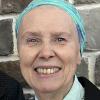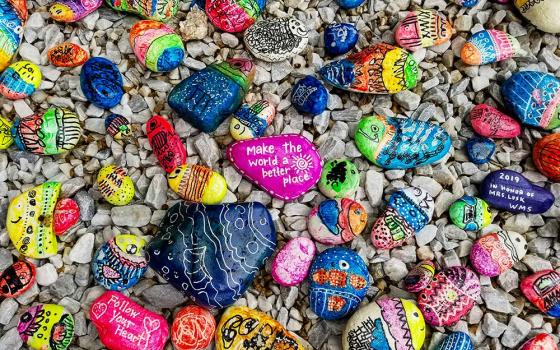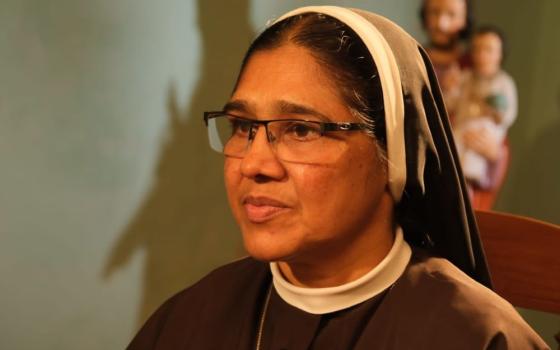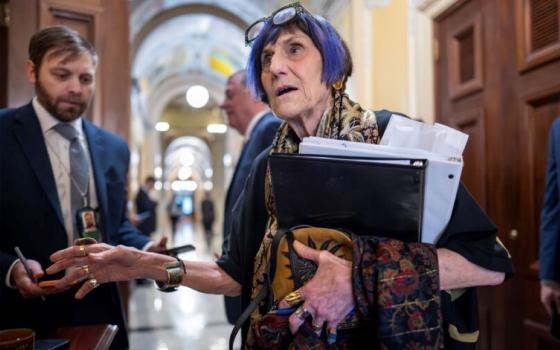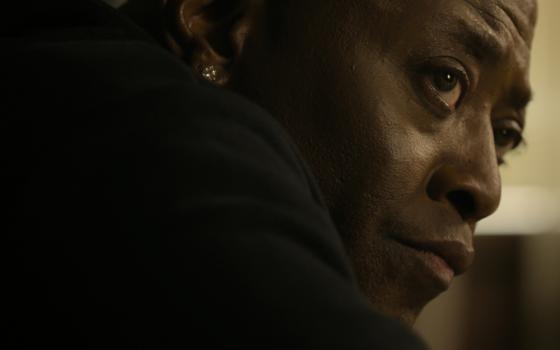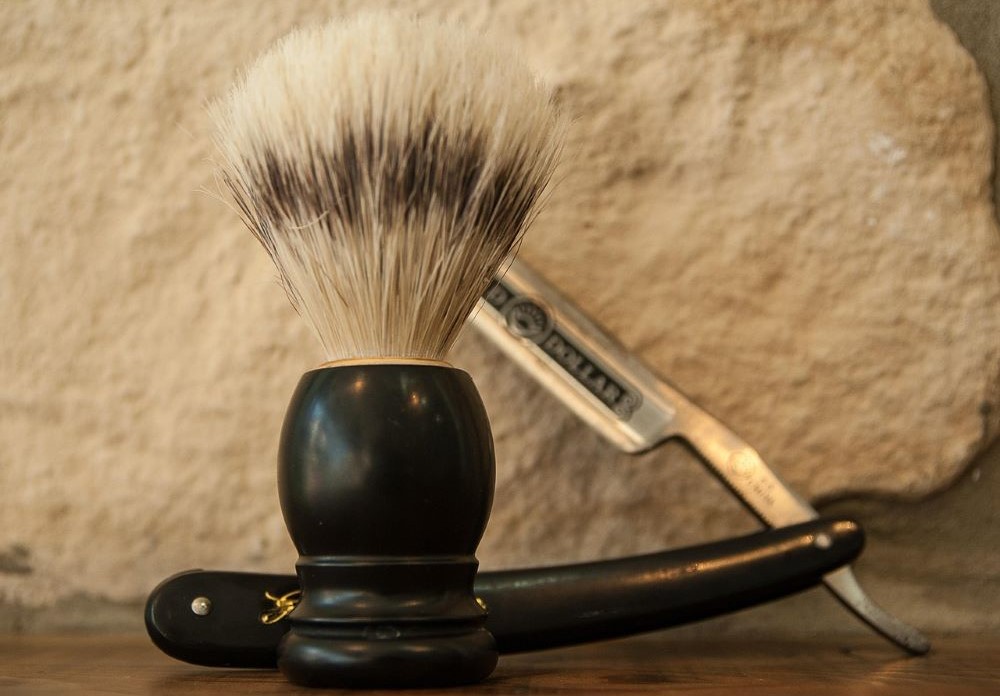
(Pixabay/jackmac34)
Although I grew up in a working class, immigrant family in conservative, Catholic-dominated Philadelphia in the 1950s, I was a child of privilege. For many of my childhood years, I lived in an extended family with my maternal grandfather, two unmarried uncles and my parents. As I was an only child, I was "spoiled" by all the adults in the household — and I loved it.
I once, innocently, filled my father's bottle of aftershave lotion with water. When my deed was revealed, with my father angrily asking, "Who messed up my aftershave?" I sheepishly confessed, "I was making more for you, Daddy!" Of course, there were no reprimands (there never were), only praise that I was trying to help, to save, to be economical. (That economical trait has lingered with me over the decades!)
When I was in the second grade, my mother began to suffer physical problems that landed her in the hospital for weeks and weeks each year. I naturally grew closer to my father and was often referred to as "Daddy's little girl." The close bond we shared continued through grade and high school and after I entered the convent. Fearing that I would be "shutting myself up" and would "have a hard life," my father would sporadically tell me, "You can always come home, you know. The door is always open."
I entered religious life in the "old days" when we were permitted to visit home only at the death of a parent. After about a half dozen years in the convent, the rules began to relax during a period of "experimentation." Naturally, I wanted to see my parents as often as possible. So, when I had an opportunity to select a graduate school in order to teach at my religious community's college, I chose the University of Pennsylvania in Philadelphia. And it was there in 1971 that I came to meet lesbian and gay people on a personal level, changing the course of my life's ministry.
My father would sporadically tell me, 'You can always come home, you know. The door is always open.'
When I helped to plan a conference on "Reconciliation between the Churches and the Homosexual" sponsored by an ecumenical Christian group, I was interviewed by a major Philadelphia newspaper about my ministry with lesbian/gay people. As it happened, my parents were coming to visit me the day that the article appeared in the paper, and I had not told them about my new "extracurricular activity."
"What's this?" my father asked, pulling out the newspaper article with a big picture of me sitting in the convent parlor. "Why are you meeting with those people?" he asked. "Well, Daddy, they have been shunned and ignored by society. They're part of the church and someone has to reach out to let them know that God and the church cares for them."
"Well, let the other nuns do it," he retorted. "You just go to Baltimore and teach math at that college." He thought for a long moment and then asked, "Well, you're not going to burn any draft records, are you?"
My father served in World War II and was a staunch government supporter. Many priests and nuns were protesting the Vietnam War, including a close sister friend who was arrested and went to trial, but was not sentenced to jail time.
"I'm against the war, but I probably won't burn any draft records. But what if I do?" I asked.
He thought for a long moment. Then he finally said, "That's against our country, you know." Another much longer pause. Then, "But if you did it, it would be all right because you're my daughter."
My father passed to eternal life more than 20 years ago and I still miss him dearly. But it has been only after his death that I have come to understand and appreciate what he taught me.
For the last two and a half years before he died, my father lived with me. One day when we were sitting at the kitchen table, he started complaining.
"Daddy, what's the matter with you? You've been awfully grouchy lately."
"I don't know," he responded.
The next day, I took my dad to the dentist for his appointment. During the following weeks, he was back to his usual cheerful self. It began to dawn on me that my father had been irritable because he was in pain. I now believe that people who are offensive or even nasty must be hurting in some way. When I talk with them and hear some of their stories, I have found that they have indeed been in pain. I try to think about this regarding some politicians whose views I abhor.
Take that aftershave incident. When someone interferes with my plans, or outright disagrees with me, I need to remember my dad: Stop, take note of what the other is saying, and get in their shoes. I may just find they have good intentions and discover something I had not understood. This is what Pope Francis' agenda of synodality was all about. Listen to the other before you speak.
My father preferred that I choose a different lifestyle, but he let go and gave me the freedom to live my own life. In hindsight, he was teaching me to let go of things I cannot change. I need to let others be free to be who they are and stop trying to make others think or behave as I want them to. I need to respect their freedom.
Advertisement
The episode about my involvement with the lesbian/gay community was a prime example of how my father loved me unconditionally, how he would accept anything I did, even if he did not agree or understand it. It was OK with him because I was his daughter. Whether I was a little girl interfering with his shaving equipment, or an older teenager bent on a life he did not prefer or a grown adult with opposing views, no disruption, conflict of interest or political disagreement would ever overcome his love for me.
I have come to see his unconditional love as a manifestation of God's unconditional love for me — and for all of us. God loves me, each of us, so fiercely that there is nothing, absolutely nothing, we can do that would separate us from God's love. I think that sometimes God must scratch God's head and mutter, "What in the world does she think she's doing? This is not good for her or others." But still God loves me. This is how God loves each of us. Jeremiah (31:3) said it well: "The Lord appeared to us in the past, saying, 'I have loved you with an everlasting love.' "
When my father died, his memorial card featured a quote from St. John Chrysostom: "They whom we love and lose are no longer where they were before. They are now wherever we are." How very true! My father's spirit has been with me over the decades, continuing to teach me lessons I need to learn.
